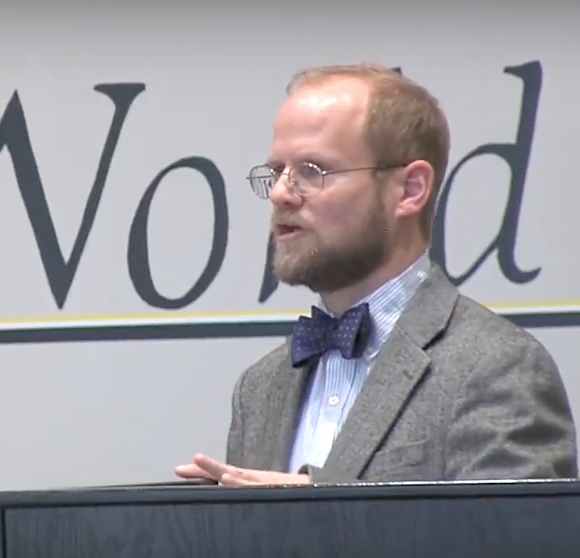By GARRETT SAGER
Hays Post
Members of the Fort Hays State University Faculty Senate are now on the record of being against concealed carry on the FHSU campus.
At Monday’s Faculty Senate meeting, the group overwhelmingly passed a resolution opposing concealed carry that states the “Faculty Senate of Fort Hays State University strongly opposes any requirement that concealed handguns be permitted on the FHSU campus.”
Currently, state universities prohibit guns on campuses in all manners, but a new Kansas law that starts July 1, would require state universities to allow lawful concealed carry.
Until recently, it appeared legislators would not extend the current exemption or re-examine the concealed carry issue for the state. However that changed as the state Legislature has signaled it is willing to re-examine the concealed carry issue for college campuses, according to a email by Dr. Carl Miller, FHSU Faculty Senate president.
Universities across the state have been taking new measures on preparedness for July. Miller said the University of Kansas and Emporia State University have already passed their resolutions opposing concealed carry on campus and, in fact, they both recommended a “total ban” of guns on their campuses.

The resolution drawn up for Fort Hays is different from KU and ESU as it is not a total ban of guns, but simply asks that FHSU and the other state universities make the decision for their own university and not be bound by state law.
“It’s not an attempt to defend the claim that we shouldn’t have guns but rather to say those arguments that they have offered are not particularly good and, absent those, therefore we should have the say on the matter,” Miller said.
The resolution states, “the leadership of the various universities, having the clearest understanding of their particular campuses, are the people most likely to be able to identify the best interests of their students, faculty, and staff.”
Dmitry Gimon, assistant professor in the Informatics Department, spoke in front of the Senate in favor of the resolution, citing evidence such as a Docking Institute survey that showed that FHSU faculty opposed concealed carry.
“The Docking Institute survey clearly shows that 60 percent of our faculty are opposed,” he said.
Gimon said he opposes the concealed carry law, but it was after the survey when he began looking at it more.
“This is important because we have a majority of people who work in a certain place who are opposed of something,” he said.
Gimon also referenced the idea that no factual statistics or information show concealed carry would make campuses safer and lead to fewer mass shootings.
“What I think we should highlight is that a university should have a strong voice in allowing or not allowing concealed carry on campus,” Gimon said. “Why should we be forced to do something we oppose if nothing shows it will make campus life safer?”
Miller, after discussion with FHSU General Counsel Kerry Wasinger, said if the senate wanted to take a stand on the position and have a voice in the debate, it had to act now because the Legislature could vote as soon as next week.
While a few FHSU senators showed opposition for the resolution, their opposition was because they wanted to take the resolution to different faculty members in their respective departments, but Miller advised it be acted on now and the resolution was adopted.
